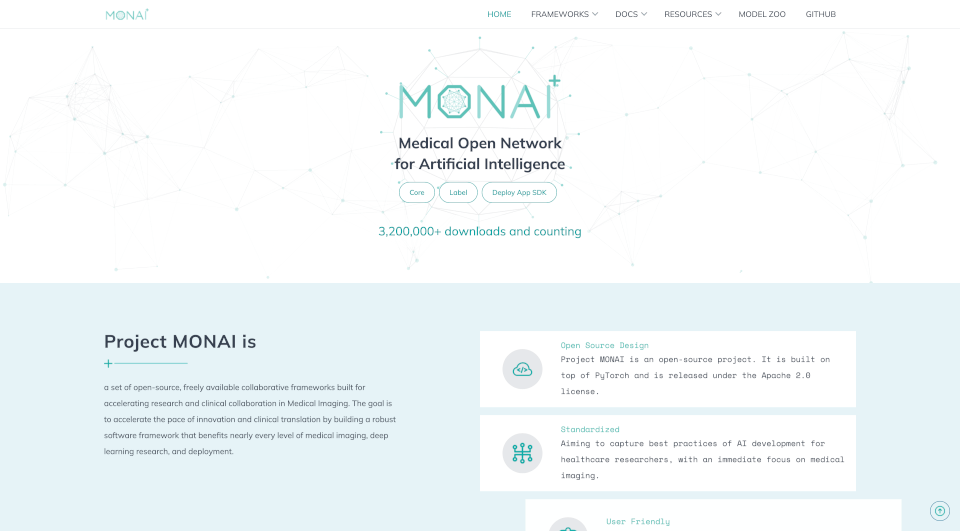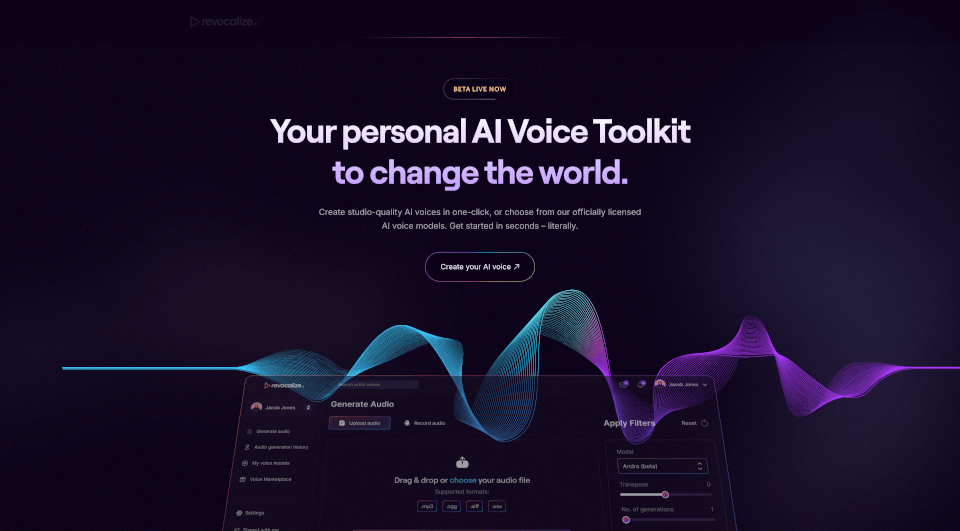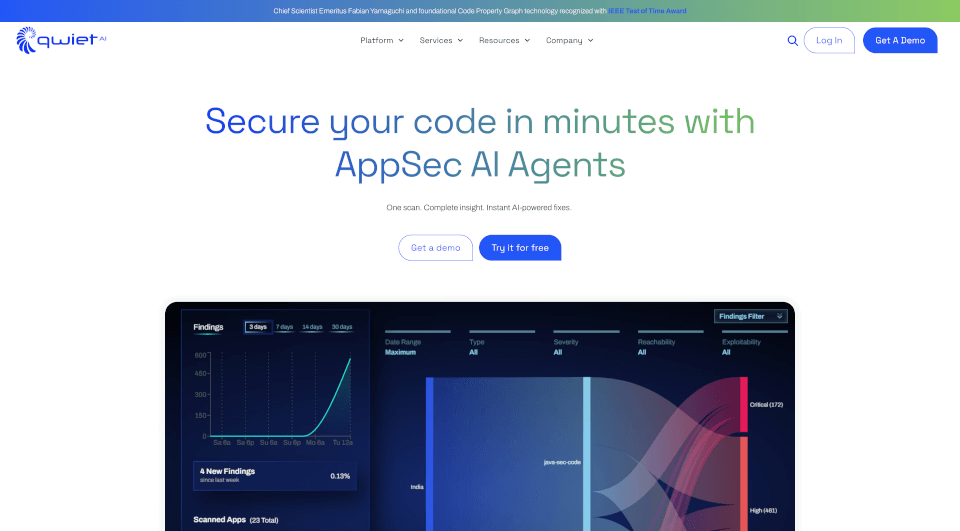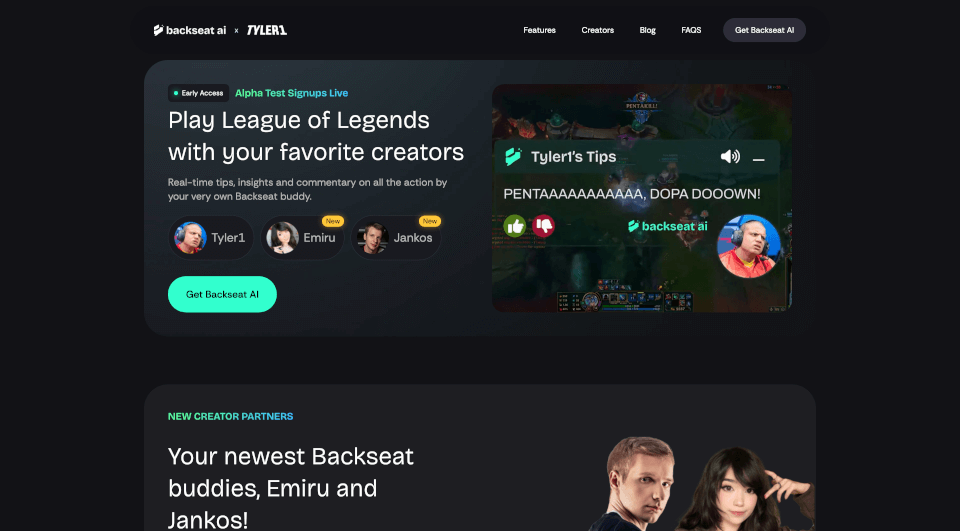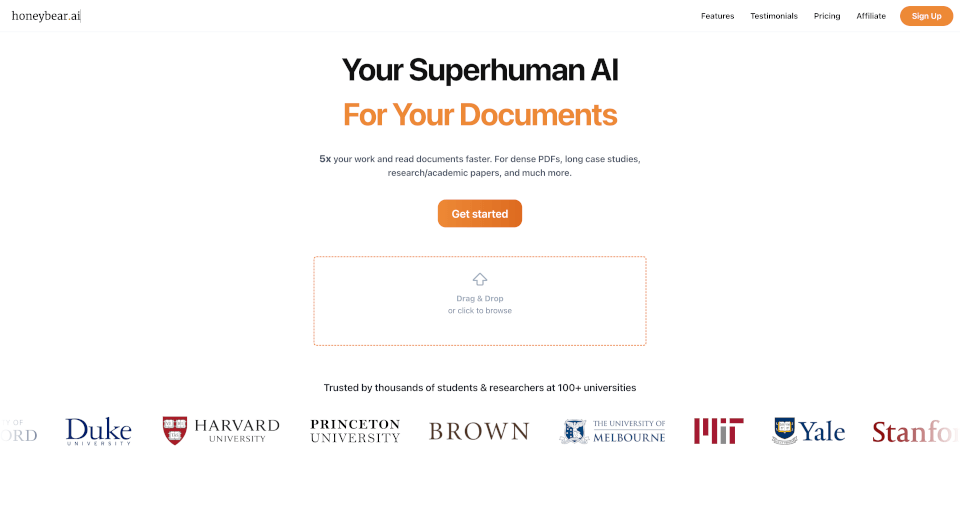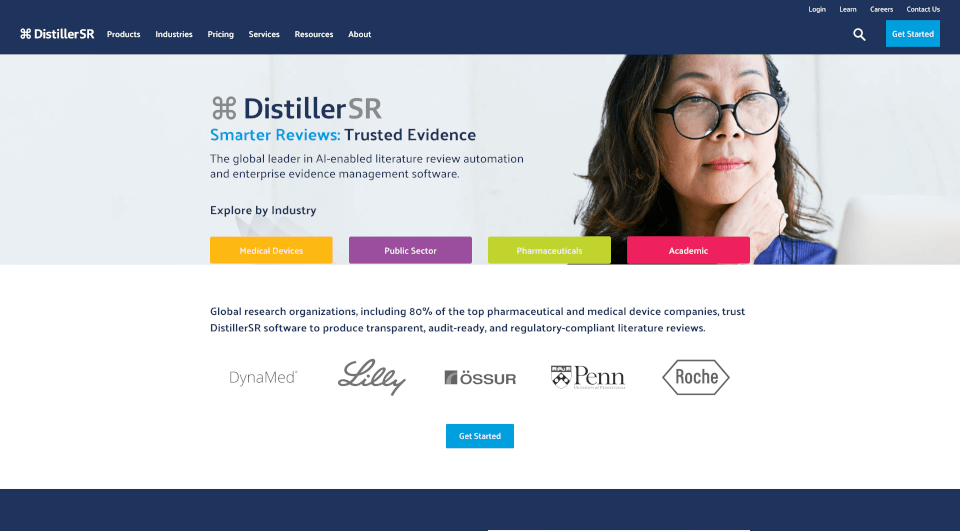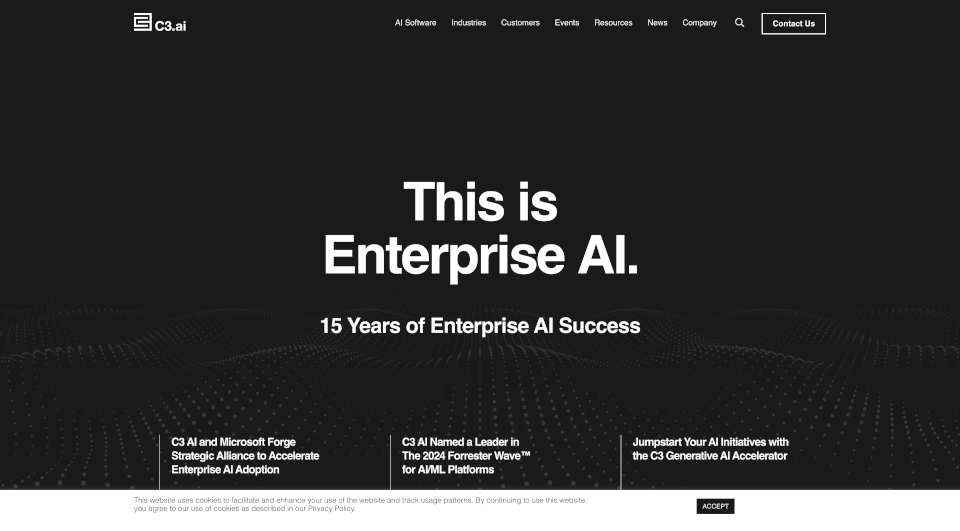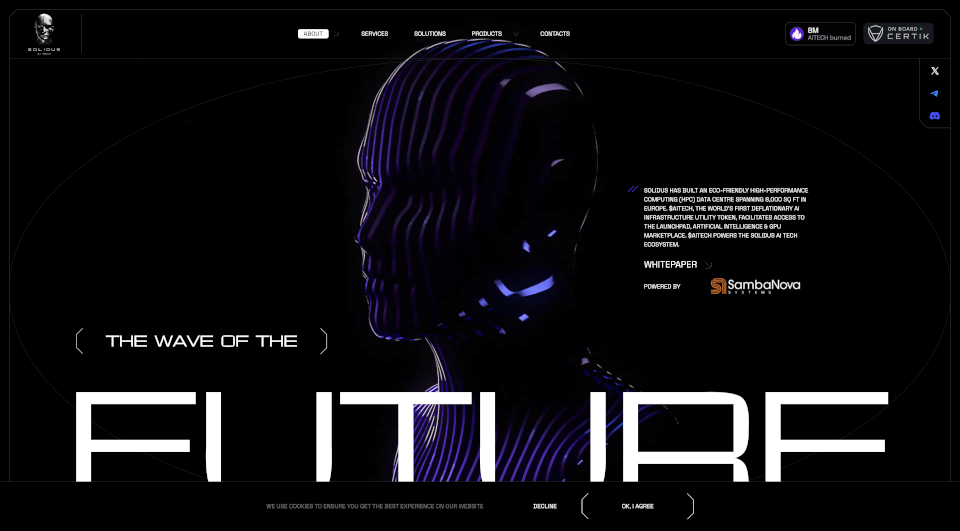What is MONAI?
MONAI is an extraordinary, open-source framework specifically designed to revolutionize deep learning in healthcare imaging. Built on the powerful PyTorch library, MONAI not only serves researchers but also enhances clinical collaborations, making the path from research to innovative medical applications smoother and faster. The project embodies a community-driven spirit, aiming to democratize access to advanced medical AI technologies. With over 3,113,935 downloads and a rapidly expanding community, MONAI is becoming the go-to solution for medical imaging.
What are the features of MONAI?
- Open Source: MONAI is fully open-sourced under the Apache 2.0 license, ensuring that it is free for public use and contributions.
- User-Friendly Interface: Designed for ease of use, it provides comprehensible error messages and simple API interfaces for developers of all skill levels.
- Reproducibility: MONAI emphasizes the reproduction of research experiments, helping users compare results with state-of-the-art implementations effectively.
- Integration Flexibility: It integrates smoothly with existing tools and facilitates third-party collaborations, making it an adaptable choice for various projects.
- Enterprise-Grade Quality: MONAI is built with high-quality software standards, offering robust validation, extensive documentation, and tutorials for beginners.
What are the characteristics of MONAI?
- End-to-End Workflow Support: MONAI encompasses tools that support the entire Medical AI model development lifecycle, ensuring seamless transitions from research to clinical applications.
- Specialized Libraries: Includes MONAI Label, an AI-assisted image labeling tool that significantly reduces the effort in annotating datasets, and MONAI Core, which offers domain-specific functionalities for training AI models.
- Advanced Capabilities: Leveraging state-of-the-art transformer architectures for medical imaging, such as UNETR, MONAI provides sophisticated algorithms tailored for specific needs.
- Deployable Solutions: With MONAI Deploy, users can effortlessly develop, package, test, and launch medical AI applications in clinical settings, making it an invaluable resource.
What are the use cases of MONAI?
- Research Institutions: MONAI is ideal for researchers looking to develop and validate advanced deep learning models for healthcare imaging.
- Clinical Environments: Hospitals can utilize MONAI to deploy AI applications that assist in diagnostics and patient care through advanced imaging analysis.
- Medical Startups: Emerging companies can leverage MONAI to prototype and develop their AI solutions quickly, benefitting from the rich set of tools and community support.
- Medical Imaging Workshops: In educational settings, MONAI serves as a practical tool for training healthcare professionals on applying AI in medical imaging.
How to use MONAI?
Getting started with MONAI requires minimal effort. Here are the basic steps:
- Installation: Follow the instructions provided in the MONAI documentation to install the necessary components.
- Exploring MONAI Label: Learn how to operate MONAI Label for annotating medical images through the provided tutorials.
- Training Models: Utilize MONAI Core to implement state-of-the-art transformer models tailored for your imaging datasets.
- Deploying Applications: Access MONAI Deploy to package and run your AI applications in clinical environments.
